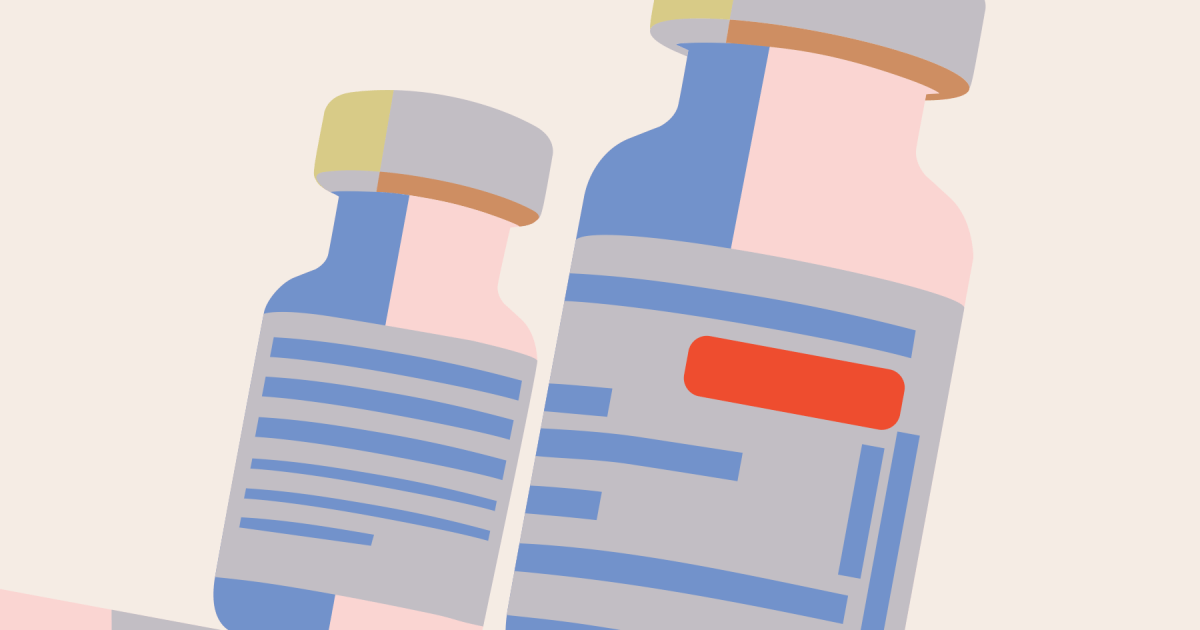SurvivorNet Guide to The Booster Shot
- The Food and Drug Administration (FDA) has recently approved a booster shot for the immunocompromised as a way to help protect them from COVID-19 and the Delta variant.
- No prescription or government ID is required in order to get the booster.
- SurvivorNet has compiled a guide to answer any questions cancer patients may have about the booster shot.
Who Can Get the Booster Shot for COVID-19?
The booster was created specifically for those immunocompromised individuals who are at higher risk of health problems if exposed to COVID-19. The CDC has listed out specific criteria on eligibility, which includes:- Anyone currently receiving cancer treatment for blood cancers or tumors
- Those who have received an organ transplant or are taking medication which weakens their immune system
- Anyone who has gone through a stem cell transplant within the last two years
- Those who have moderate to severe immunodeficiency (a condition which fails to protect someone’s body from illness or infection)
- Those who have advanced or untreated HIV
- Anyone currently being treated with high-doses of corticosteroids (also known as steroids)
Why Do I Need a Booster?
This booster is a critical step in making sure the immunocompromised population is protected from both COVID-19 and the growing delta variant. Not only is this group at higher risk of serious health complications, or death, if exposed to the virus, but they also are more likely to transmit the virus among their households. Furthermore, studies have shown that the COVID-19 vaccine has been found less effective in cancer patients receiving chemotherapy. This is especially true in blood cancer patients. The studies show that cancer patients have fewer antibodies than individuals who are not immunosuppressed when they first receive the vaccine, and after their second dose. Therefore, this booster shot would greatly benefit cancer patients in further protecting them.
According to Dr. Nina Shah, a hematologist at the University of California San Francisco (UCSF), it’s critical that cancer patients going through active treatment get this booster.
“[It’s] very important, since we know some cancer patients do not mount a sufficient immune response after the first series of shots,” Dr. Shah tells SurvivorNet.
Dr. Brieze Keeley Bell breaks down what cancer patients need to know about COVID-19
I Am a Cancer Survivor, But Not in Active Treatment. Can I Get a Booster?
Currently, guidelines for the booster only pertain to those who are going through active treatment. However, Dr. Shah says that if cancer survivors are interested in receiving the booster, it could be decided on a case-by-case basis. This being said, guidelines for this booster may change in the near future. So while cancer survivors may not be able to receive the booster at this time, there could be a chance this will change.
“I think this is a moving target and guidelines will change soon,” Dr. Elizabeth Comen, a medical oncologist at Memorial Sloan Kettering Cancer Center, told SurvivorNet. “We frankly need more specific guidelines on definition of immunocompromised in this setting.”
When Am I Eligible to Get a Booster?
According to the CDC guidelines, the booster should be administered 28 days or more after the second dose of the Moderna or Pfizer vaccine.
Do I Need To Speak to My Doctor?
The Centers for Disease Control Advisory Committee on Immunization Practices (ACIP) panel, which voted for the booster to be approved, recommends those interested and eligible for the booster consult their doctor before receiving the dose. After discussing the matter with their physician they are free to schedule an appointment.
Do I Need a Prescription to Get a Booster?
A prescription and government ID is not required to receive the booster.
Dr. Thomas Martin explains what blood cancer patients should do after the COVID-19 vaccine
Can I Mix and Match Vaccine Types?
No. Guidelines state that individuals seeking the booster are not allowed to mix vaccine types.
Should I Expect Side Effects?
A large number of people experienced cold-like side effects from the second dose of the COVID-19 vaccine, and there’s likely to be side effects from the booster shot. However, experts have told SurvivorNet that those receiving the booster shot shouldn’t expect anything more severe. “Side effects should be similar but less [severe] than the original vaccine,” Dr. Heather Yeo, colorectal surgeon and surgical oncologist at New York Presbyterian/Weill Cornell Medical Center, told SurvivorNet.
What Other Steps Do I Need to Take As a Cancer Patient to Protect Myself?
It’s still important that cancer patients follow CDC guidelines that have been in place over the past year. This includes wearing masks when out in public and social distancing as much as possible. Additionally, make sure to wash your hands or use hand sanitizer in order to keep your immune system strong.
Learn more about SurvivorNet's rigorous medical review process.

